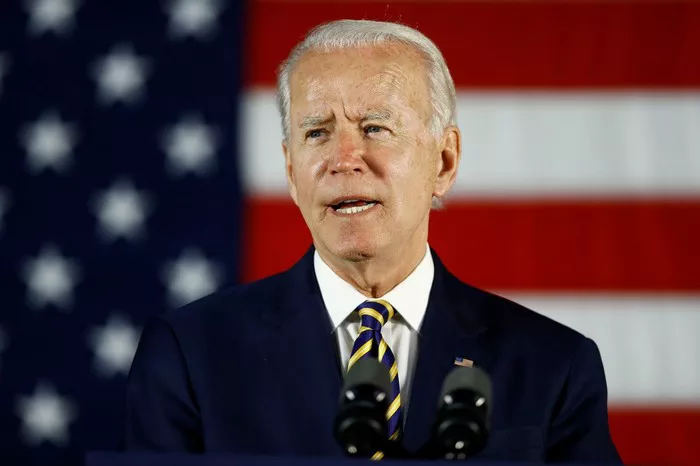The Biden administration has unveiled new updates to the International Entrepreneur Rule (IER) aimed at enhancing transparency and clarity in the entrepreneur visa program. This rule, originally implemented during the Obama administration, saw limited progress under the Trump administration.
International Entrepreneur Rule Overview
Since the fiscal year 2021, the U.S. Citizenship and Immigration Services (USCIS) has received only 94 applications under the IER. Of these, 26 have been approved, 28 denied, 19 withdrawn, and 21 are awaiting a response to a Request for Evidence (RFE). There is currently no backlog. However, the data on denied applications is insufficient to determine if misunderstandings or misinterpretations of the rule contributed to the denials.
Under the IER, USCIS can grant parole to qualifying foreign entrepreneurs who can demonstrate their potential to significantly benefit the public through rapid business growth and job creation. Applicants must show proof of a minimum of $264,147 in qualified investments from eligible investors or $105,659 in qualifying government grants or awards. Approved entrepreneurs and their spouses receive employment authorization. Applications are reviewed on a case-by-case basis.
Applicants can submit their initial applications while living either abroad or in the U.S. They must hold a minimum of a 10% ownership stake in the business venture. Qualifying investors cannot be the applicant, an immediate relative, or an entity where the applicant or their relatives have an ownership interest.
Updated Guidance Details
On July 12, 2024, USCIS released new guidelines offering detailed information on qualifications and evidence required for the entrepreneur visa. This update includes a comprehensive Q&A section addressing what types of evidence qualify, the implications of not meeting investment thresholds, and guidance on providing supplemental information.
Immigrant Impact on Startups
Recent research indicates that over half of U.S. startups valued at $1 billion or more had at least one immigrant founder. Additionally, approximately 25% of these high-value companies were founded by international students. The effective application of the IER could provide international students with entrepreneurial skills the opportunity to remain in the U.S. after graduation, even if they do not secure H-1B status. Qualifying entrepreneurs may receive parole status for up to five years and could subsequently apply for permanent residence through employment-based first or second preference categories or self-petition through the national interest waiver if eligible.
As always, ILBSG continues to monitor updates to U.S. immigration policy. If you have questions about the International Entrepreneur Rule or other U.S. immigration-related issues, contact us. Our team of experienced professionals is dedicated to providing the right advice for your specific situation.


